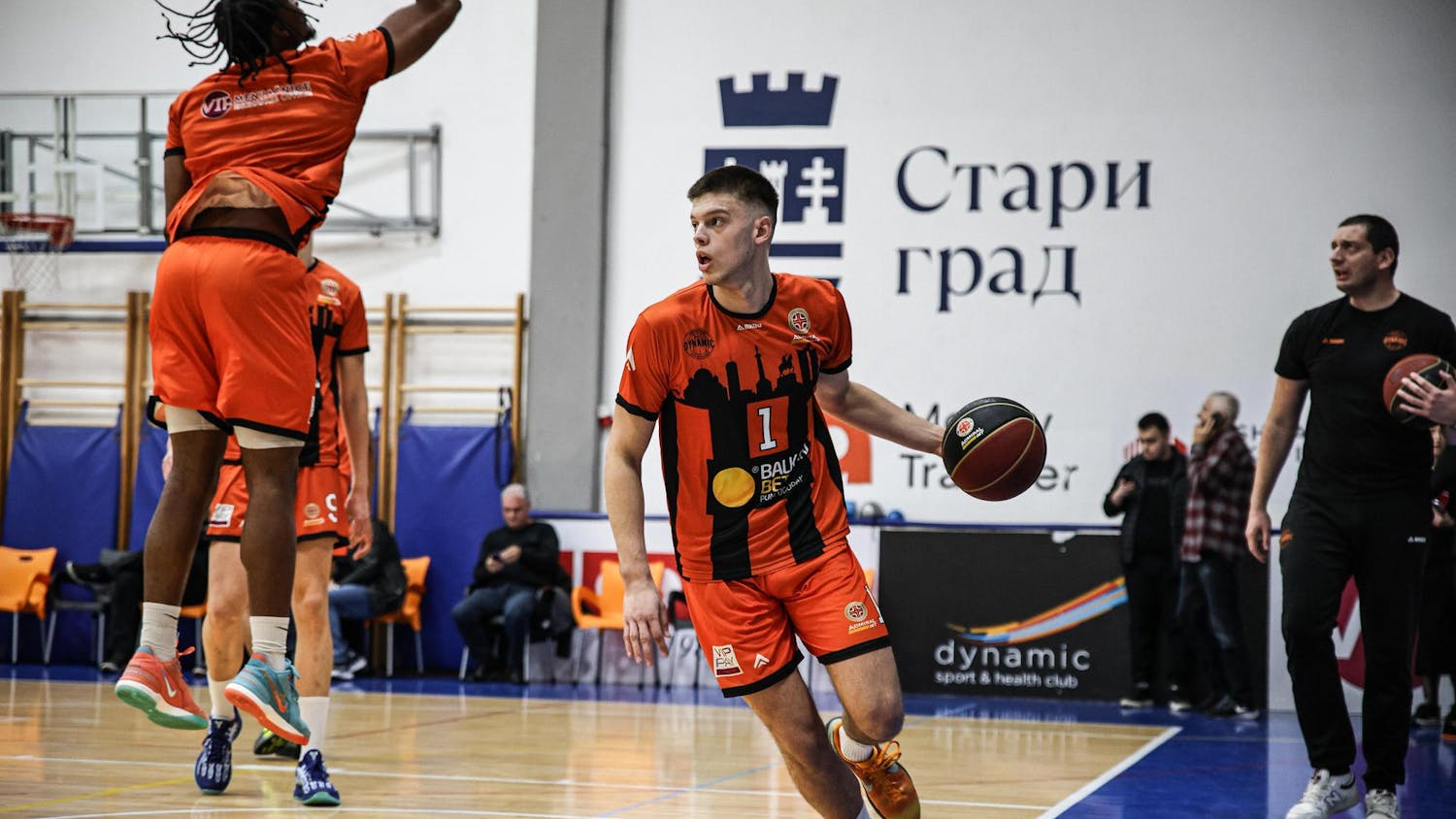Junior quarterback Richard Lagow stood near midfield of Levi’s Stadium in the shotgun formation. He touched his fist to his heart, then to his facemask and pointed a finger to the night sky.
The Hoosiers lined up to throw a Hail Mary to win the Foster Farms Bowl.
The broken pieces of the 2016 season — a struggling offense, unmet expectations, former head coach Kevin Wilson’s resignation — could be forgotten with a completion and a win.
Lagow took the snap down by two points with five seconds remaining. He escaped the pocket to his right, brushed off one rusher and stepped up to heave the ball down the field.
But the junior transfer was not able to get the pass off, as a trailing defender — junior linebacker Kavika Luafatasaga — dove to deflect the pass on Lagow’s wind-up.
The ball fell incomplete, and Lagow laid facedown on the field, as the Hoosiers’ hopes for their first bowl win since 1991 came crashing down upon him.
IU lost to No. 19 Utah, 26-24.
“It sucks honestly,” senior guard Dan Feeney said. “You don’t want to go out on a loss, but that’s how it goes I guess.”
IU needed its quarterback to play well.
Wilson called a majority of the offensive plays, but for the bowl game, the responsibility fell on offensive coordinator Kevin Johns.
Lagow hadn’t played consistently throughout the entire season, despite leading the second-best passing attack in the Big Ten. He threw 19 touchdowns to 17 interceptions — three games with no touchdowns and five games with multiple interceptions.
“I’ve been coaching for 25 years and I’ve learned that what happens during the season will come back to bite you in the end,” IU Coach Tom Allen said. “They’ll show up in the most critical of times.”
Lagow’s inconsistency did show up in the most critical of times — the Foster Farms Bowl.
He went 14-for-39 with 188 yards, one touchdown and one interception. His 33-percent completion percentage was by far his worst this season, and fans were begging Allen to replace Lagow with junior backup quarterback Zander Diamont.
Diamont did throw one pass in the final football game of his career: a 36-yard touchdown to sophomore receiver Nick Westbrook.
The lack of a passing attack didn’t fall solely on Lagow though, as several receivers and tight ends dropped passes. Westbrook and senior receiver Mitchell Paige saw the largest workload, as Lagow threw to Westbrook 10 times and Paige 11 times.
They caught five and four passes respectively.
Lagow’s struggles forced Johns to turn to the running backs to carry the team down the field, which worked well until it became necessary to conserve time late in the game.
Junior running back Devine Redding ran for 72 yards on 17 carries, and sophomore Ricky Brookins ran for 53 yards on 12 carries after rushing for a total of 29 yards during the regular season.
Owning the 25th-best passing attack statistically versus the 80th-best passing attack, the Hoosiers threw for just 10 more yards than the Utes.
Add that difference to constant pressure from the Utah pass rush, several pass breakups at the line and Utah running back Joe Williams’ 222 rushing yards, and the Hoosiers were under constant pressure to perform quickly on offense.
The finger wasn’t just pointed at Lagow, Allen said. It was pointed at every Hoosier, every phase of the game — offense, defense and special teams.
Now the Hoosiers travel back to Bloomington with an 0-4 record in bowl games since 1992.
“It’s a team game,” Allen said. “All three areas had chances to win the game. We lost as a team.”




